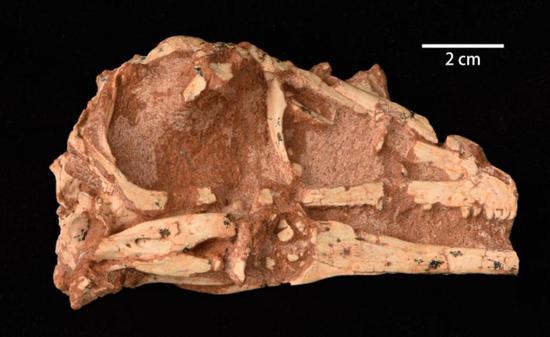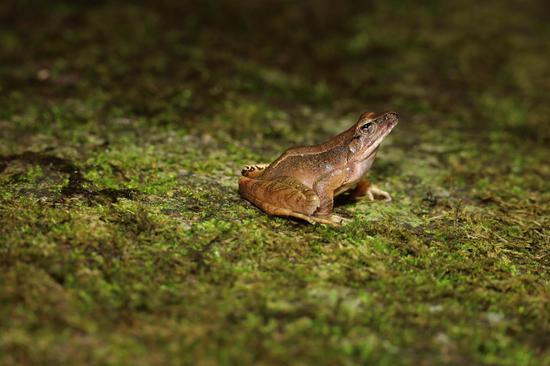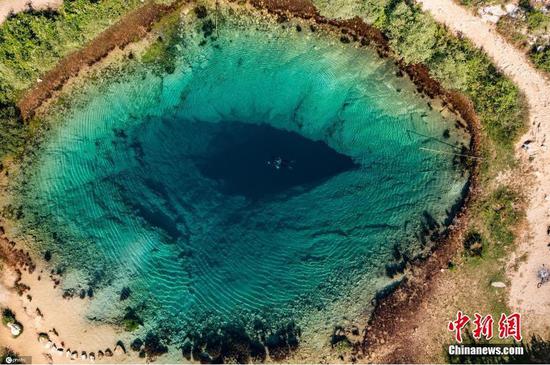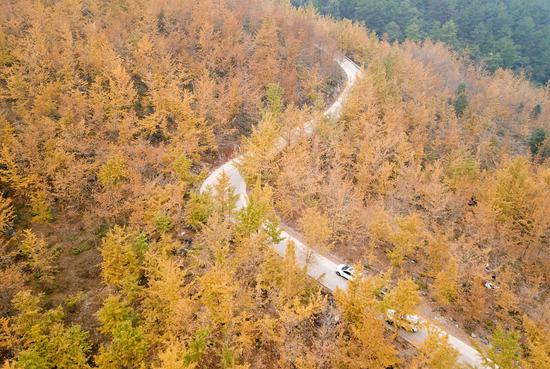A large number of white-tailed deer were infected with the coronavirus in Midwestern U.S. state Iowa, reported The New York Times Tuesday, citing a new study.
Up to 80 percent of deer sampled from April 2020 to January 2021 in the state were infected, which was characterized by researchers and outside experts as a troubling development in the course of the pandemic, it said.
Widespread infection among this species could increase the difficulty of wiping out the pathogen, especially if they became a depository for mutations that eventually spilled back over to humans, said the report.
Earlier this year, a multistate survey of white-tailed deer carried out by the U.S. Department of Agriculture's Animal and Plant Health Inspection Service found antibodies for the virus among less than half the deer in four U.S. states, but that study confirmed exposure, not infection.
However, this new analysis, by examining the lymph nodes of samples from roadkill and from those felled by hunters, showed active infections.
The study has not been published in a peer-reviewed science journal yet, but its authors at Penn State University and wildlife officials in Iowa found the results so disturbing that they warns deer hunters and others who handle deer to take precautions to avoid transmission.


















































 京公网安备 11010202009201号
京公网安备 11010202009201号